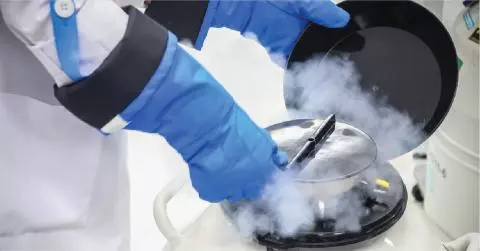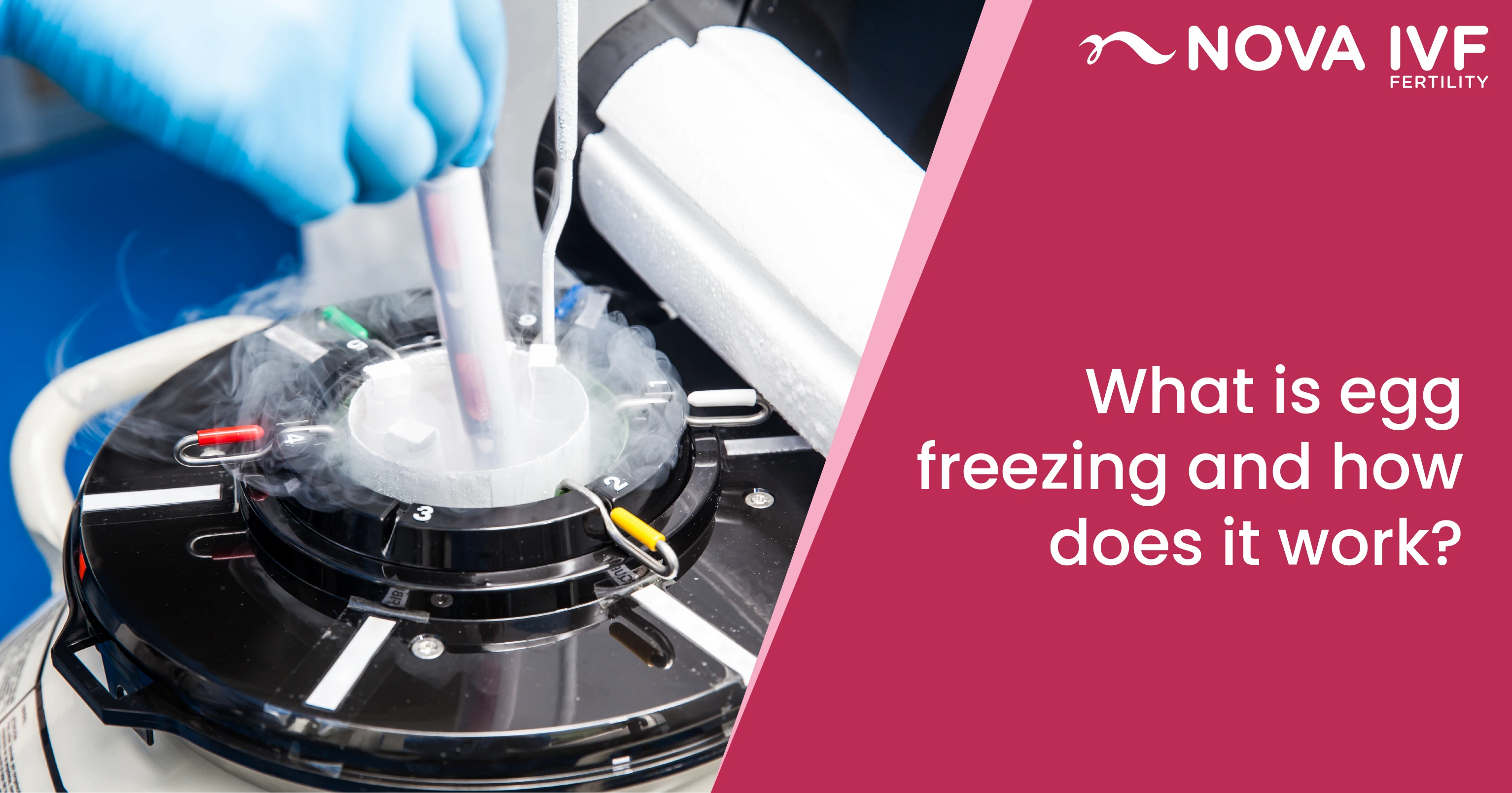Step-by-Step Guide to the Egg Freezing Process

Egg freezing, which is medically known as oocyte cryopreservation, is a process that is used to preserve a woman's reproductive potential. It is an option for those women who are not ready to start a family as yet but want to ensure their ability to get pregnant at a future time. For this, eggs are harvested from the woman's ovaries, preserved in a frozen unfertilized state, and stored for future use. When the woman decides to have a child, the frozen egg is thawed, fertilized with sperm in a lab, and then implanted in her uterus. This process is known as In-Vitro Fertilization (IVF).
The Egg Freezing Procedure
The egg freezing procedure involves the following steps:
- Ovulation induction
- Egg retrieval
- Egg freezing
Let's discuss each step in detail:
Ovulation Induction
In this step, synthetic hormones are introduced to the woman's body at the start of her menstrual cycle to stimulate her ovaries. The aim is to ensure that her ovaries produce multiple eggs instead of the single egg that she usually produces every month. The follicles get ready for egg retrieval after about 8 to 14 days. At this point, hcG hormones or other medications are injected to help mature the eggs.
Egg Retrieval
Egg retrieval is a short procedure carried out under sedation. The common method adopted for the purpose is transvaginal ultrasound aspiration. In this approach, an ultrasound probe is introduced in the vagina for follicle identification. Then a needle is passed through the vagina to reach the follicle. Using a suction device that is attached to the needle, multiple eggs are removed from the follicle.
Egg Freezing
Once the unfertilized eggs are retrieved, they are cooled to a sub-zero temperature so that all their biological activities can be rendered motionless and they can be preserved for future use. To prevent ice crystal formation during the freezing process, substances called cryoprotectants may be used.
Proper freezing of eggs is important because if not preserved correctly, it can impact the chances of a successful pregnancy.
 Infertility Counselling
Infertility Counselling Female Infertility Treatment
Female Infertility Treatment Andrology Treatment
Andrology Treatment Fertility Enhancing Surgeries - Female
Fertility Enhancing Surgeries - Female Fertility Enhancing Surgeries - Male
Fertility Enhancing Surgeries - Male Endoscopy Treatment
Endoscopy Treatment IUI Treatment
IUI Treatment IVF Treatment
IVF Treatment ICSI Treatment
ICSI Treatment Advanced IVF Solutions
Advanced IVF Solutions Embryology
Embryology Vitrification Egg, Embryo, Sperm Freezing
Vitrification Egg, Embryo, Sperm Freezing Preimplantation Genetic Testing (PGT)
Preimplantation Genetic Testing (PGT) Donation Program Embryo / Egg / Sperm
Donation Program Embryo / Egg / Sperm Self-cycleTM IVF
Self-cycleTM IVF

 Self-cycleTM IVF
Self-cycleTM IVF










